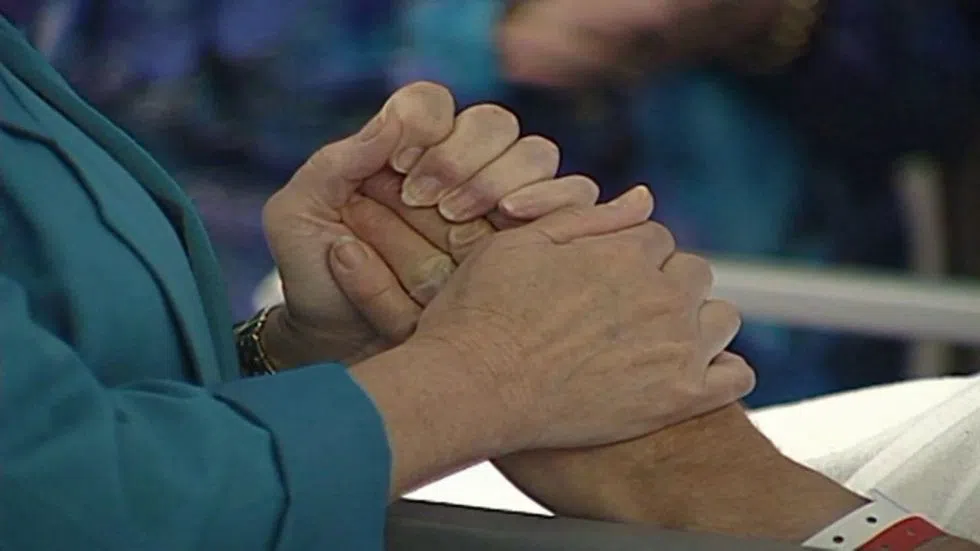
Senators bow to will of elected Commons, vote to pass assisted dying bill
OTTAWA — Appointed senators have bowed to the will of the elected House of Commons, giving up their insistence that suffering Canadians who are not near death should have the right to seek medical help to end their lives.
Senators have voted 44-28 to accept the more restrictive approach proposed by the federal government in Bill C-14, which limits the right to assisted dying to those whose natural death is “reasonably foreseeable.”
The Senate had passed an amendment to expand the scope of the bill to include those who aren’t terminally ill but the Commons voted Thursday to reject that.
Rather than insist and bounce the bill back to the Commons once again, senators have given up and accepted the government’s version of the bill.


